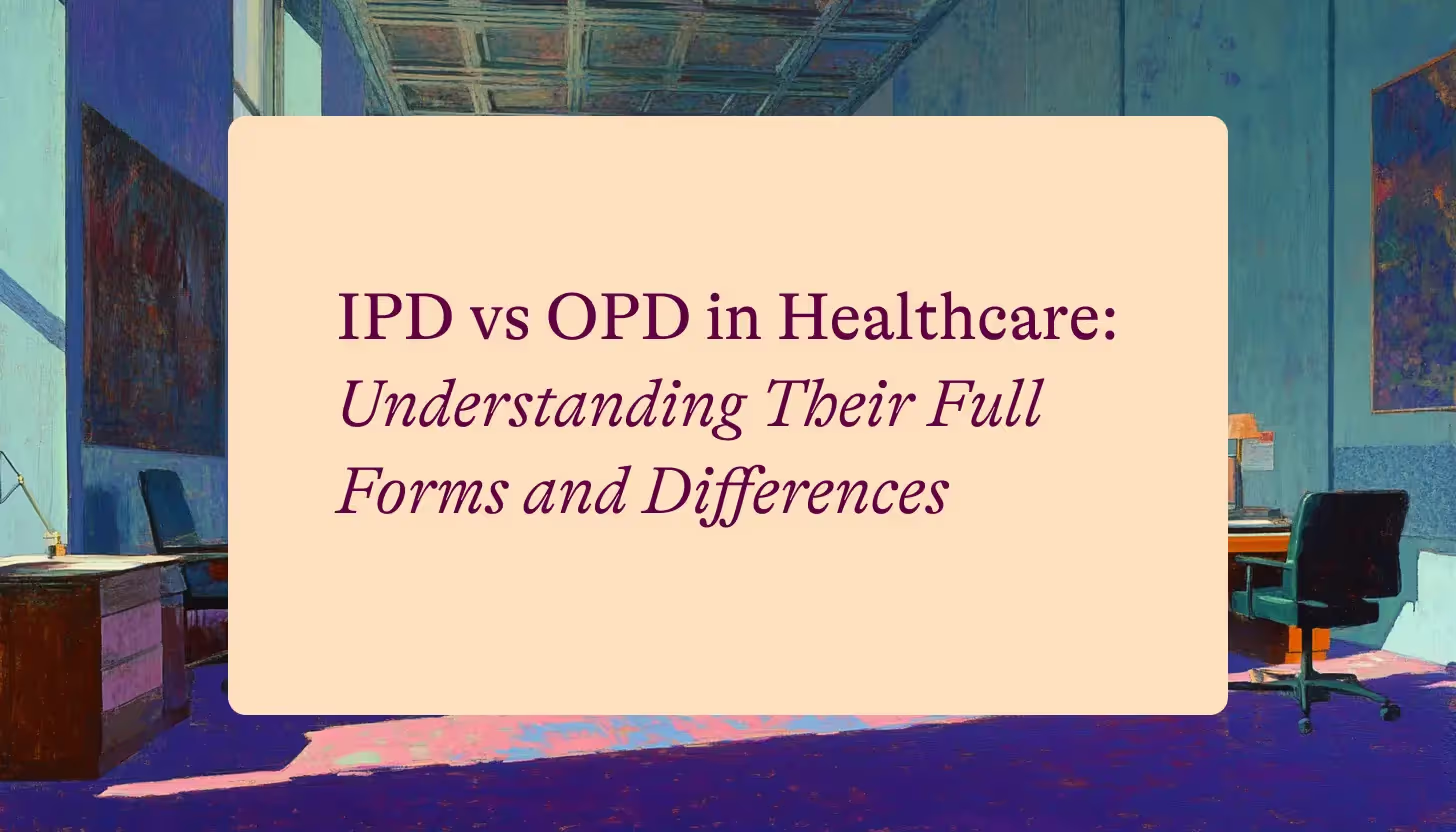As the name suggests, a copay in health insurance means that the insurer and the insured jointly bear the health expenses. To a certain percentage of the sum assured, the insured is liable to spend money from his/her pocket.
This concept is relatively new in the health insurance industry. Hence, you need to carefully read the policy terms and conditions to ensure that your interests are not hurt at the cost of this copay clause that favors the insurer.
This article covers all that you need to know about copay in health insurance and how you can benefit from it. But let’s start by learning about the associated terms.
Terms Used in this Article
- Insurer: The insurance company that provides a health insurance policy is called the insurer.
- Insured/Policyholder: The insurance policy is issued in favor of the policyholder. Alternatively, a policyholder is also known as the insured.
- Insurance Premium: The amount paid by the insured to buy the medical insurance policy is called the insurance premium.
- Sum Assured/Policy Value: The amount of medical expenses covered by the policy is called the sum assured or policy value.
- Insurance Claim: The amount claimed by the insured against the medical expenses incurred by him/her is called an insurance claim.
What is Copay in Health Insurance?
When you buy a health insurance policy, it provides a cover against all the medical expenses that you incur on your treatment during the policy period. Because the insurer had to bear all the expenses against the medical insurance policy, the policyholders exercised less care while incurring the expenses.
As a result, medical bills for higher amounts were claimed by the policyholders for simpler treatments. To avoid this loss and fix accountability for expenses on the part of the insured, the insurance companies introduced a mandatory co-payment clause.
Copay in health insurance allows the insurer to pass on an agreed percentage of the medical expenses to the insured against a concession in the insurance premium.
What is the Purpose of Copay in Health Insurance?
There are many benefits of the copay clause, primarily for the insurer. Let’s take a look at the need for such a clause.
Responsible Spending: The copay clause ensures that all expenses are made responsibly by the policyholder. Being liable to pay a portion of the expenses brings a sense of awareness for the spending.
Claims for Petty Medical Expenses are Avoided ?♀️: A copay clause brings the liability of the insured along with the insurer. Hence, petty expenses that used to be claimed earlier are now discouraged. The purpose of medical insurance is to cover the heavy medical bills associated with hospitalization or costlier treatments.
Relevant Treatment ?: Not all medical conditions require expensive treatments from multi-specialty hospitals. Seeking medical attention or hospitalization for issues such as common cold means that you are incurring irrelevant expenses. Hence, a copay clause ensures that the policyholders are discouraged from seeking expensive medical treatment for petty issues. Only relevant conditions should be treated in reputed hospitals.
Reduced Costs of the Insurer: The insurer has to bear the medical expenses up to the policy value. Suppose that your insurance policy has a copay clause of 10%. This means that in the event of a policy claim, the insurer saves a flat 10% on the medical expenses.
Reduced Insurance Premium: This is the benefit passed onto the policyholder. A copay clause makes your policy more affordable, as you get a discount on the premium that you have to pay.
How Does Copay Work?
To make things simpler for you to understand, let’s take an example. Suppose, you want to buy medical insurance for Rs. 5 lakhs. Let’s see ? how the parameters differ between a policy with a copay clause and without a copay clause.
ParticularsWithout CopayWith Copay (10%)Medical CoverRs. 5 LakhsRs. 5 LakhsCopay ValueNILRs. 50,000Net CoverRs. 5 LakhsRs. 4.50 LakhsCost Saved by InsurerNILRs. 50,000Insurance PremiumRs. 10,000 p.a.Rs. 9,000 p.a. (assuming a 10% discount)Premium Saved by YouNILRs. 1,000 p.a.
Why Should You Choose Group Health Insurance?
As an employer, you need to ensure good healthcare facilities for your employees. A group health insurance policy can help you achieve this. Here are the benefits you can expect from a GHI policy.
- Reduced Premium: Your bargaining power is more, as you have the power of bulk numbers. You can negotiate the premium charged by the insurer and buy the insurance policy at a much-discounted premium for your employees.
- Good Healthcare for Employees: With group health insurance, you can ensure that your employees get quality healthcare services whenever they require them.
- Sense of Value: The best way to acknowledge the hard work put in by your employees is to provide a free health insurance policy to cover them and their family members. This gesture can develop a great sense of value for the company among the workforce.
- Tax Benefits: The insurance premium paid by a corporate to purchase a group health insurance policy for its employees is fully allowed as a deduction from the taxable income. So, you can benefit your employees as well as save taxes at the same time.
A copay in health insurance policy benefits both the insurer and the insured in one way or another. Although your cost is reduced with lower premiums, you have to bear the liability for a portion of your medical bills. Hence, it is important to consider all the terms and conditions thoroughly before choosing the best insurance plan for you.
With Plum Insurance, you can select the best group health insurance along with a copay clause at affordable prices ?. Enjoy maximum benefits of the medical policy with no hidden costs ?.
Have any doubts? DM us on Twitter.
.avif)










.avif)














